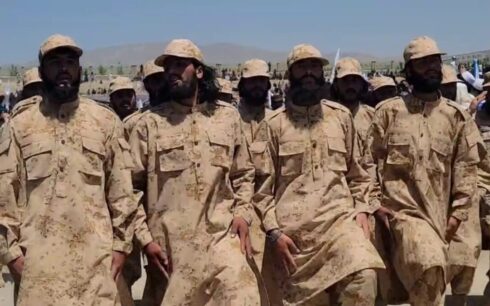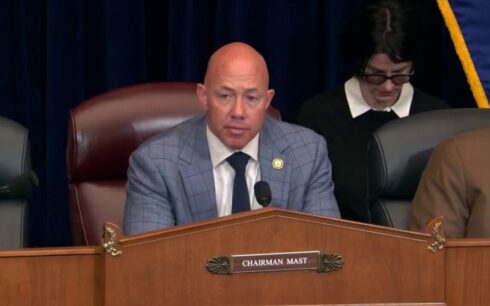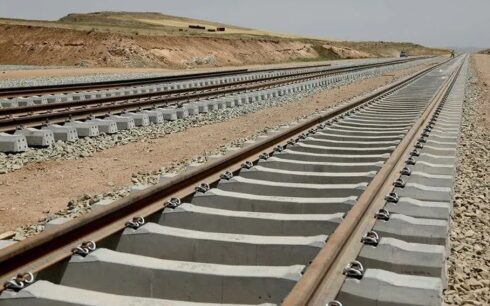KABUL, Afghanistan — As the Taliban continues to impose restrictions on women’s rights and freedoms, their spokesperson, Zabihullah Mujahid, reiterated that the issue of women’s rights is an “internal matter” for Afghanistan.
Despite the ongoing international outcry, the third Doha meeting did not address human rights, particularly the education and employment of women and girls, and no women participated in the summit.
Addressing a press conference in Kabul on Wednesday, Mujahid claimed that the Taliban is seeking solutions for women’s rights but insisted that this issue should not be used as a pressure tactic by other countries. “I emphasize that education, women’s issues, and other problems in Afghanistan are internal matters and internal needs,” he said.
The absence of Afghan women and civil society representatives was one of the Taliban’s conditions for attending the Doha meeting, a stance that drew sharp reactions from several countries, women’s rights activists, and human rights organizations.
While Mujahid described women’s rights as a domestic issue, the Taliban has detained dozens of women activists who protested against the continued closure of schools for girls above sixth grade and universities, as well as other basic rights.
According to United Nations reports, the Taliban has issued over fifty decrees directly or indirectly affecting women.
Mujahid also stated that humanitarian issues should be separated from political matters, cautioning countries against using humanitarian aid as political leverage. The U.S. Special Inspector General for Afghanistan Reconstruction (SIGAR) had previously warned about Taliban interference in humanitarian aid processes.
Mujahid remarked that the global community understands that “distance is not a solution,” yet nearly three years into Taliban rule, many countries continue to express concerns over the lack of an inclusive government, human rights violations, and the threat of terrorism emanating from Afghanistan. To date, no country has recognized the Taliban rule.
He described the third Doha meeting as “beneficial for Afghanistan” and indicated that the United Nations would play a key role in the future. Mujahid affirmed that the Taliban is willing to participate in future meetings if “sovereignty and national interests are ensured.”
He also mentioned that the Taliban delegation discussed the situation of Afghan migrants with various countries and held 24 private bilateral meetings on the sidelines of the Doha meeting.
Mujahid said that they discussed the release “Afghan prisoners in Guantanamo Bay” with the U.S. delegation. “We discussed some remaining issues. Two American citizens are imprisoned in Afghanistan. We previously discussed their release. Afghanistan’s conditions must be met. We also have citizens imprisoned in the U.S., including Guantanamo. We should exchange them; otherwise, if American citizens are important to them, Afghan citizens are important to us.”
Vedant Patel, Deputy Spokesperson for the U.S. State Department, confirmed on Tuesday that U.S. Special Representative for Afghanistan Thomas West personally discussed the release of the two American prisoners with the Taliban delegation.
Mujahid reiterated that the issue of Tehrik-i-Taliban Pakistan (TTP) is an internal matter for Pakistan, urging Islamabad not to blame others for its domestic issues.
Pakistan has consistently expressed concerns about the presence of TTP in Afghanistan, with Pakistan’s defense minister previously stating that they are capable of attacking TTP hideouts within Afghanistan.





